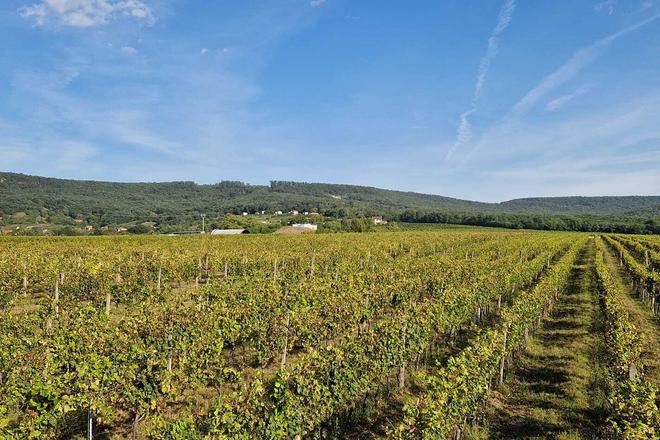A quiet Slovak village of just 1,700 residents near the Hungarian border has found itself at the centre of a widening corruption investigation tied to the infamous “Dobytkár” (Cattle-breeder) scandal – a case that exposed systemic bribery in the allocation of EU-funded agricultural subsidies.
Vinica is home to several long-established family wineries that have proven unusually successful in securing grants from the Slovak Agricultural Paying Agency (PPA), according to daily Sme. Investigators have uncovered links between multiple local winemakers and intermediaries indicted in the Dobytkár affair – a scandal that has already resulted in charges against nine individuals and five companies for bribery and money laundering.
The corruption scheme revolved around so-called “fixers” who charged up to 20 percent commission to help firms obtain EU rural development grants. Two wineries – Farkas + spol. and Karol Csernus – received substantial subsidies in 2016 (€138,000 and €259,000, respectively), with both projects connected to Viktor Miklas, a key intermediary who has since confessed to involvement in the scheme.
While some winery owners, including Karol Csernus, claim they were unaware that their contracts masked bribes, court documents suggest invoices for consulting services were used to conceal illicit payments, issued only after grant approval.



